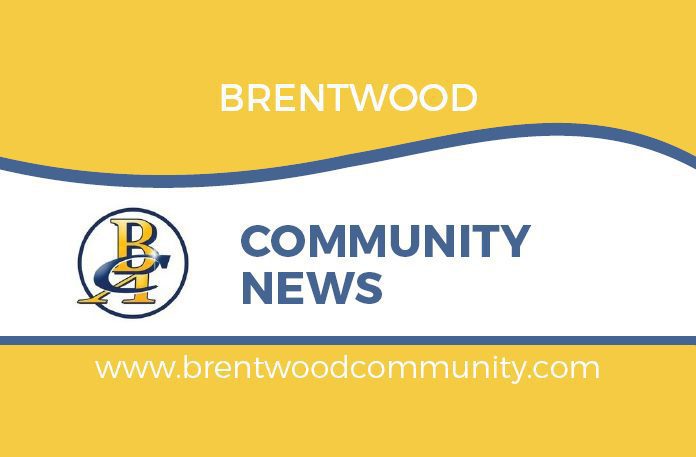by Rosemary Brown
Buffalo is the New Buffalo by Chelsie Vowel is a collection of intriguing stories that invite us to reimagine the colonial past and consider alternative futures.
Many of us are more familiar with Vowels’s earlier work, Indigenous Writes, composed of highly informative essays on a wide range of topics of concern to Indigenous peoples, from the Doctrine of Discovery to child welfare.
Chelsie Vowel is Métis from Lac St. Anne and now lives in Edmonton. She has degrees in education and law and teaches the Cree language. She co-hosts Métis in Space, an Indigenous, feminist, sci-fi podcast. She also gives many public presentations, some of which are accessible on You Tube.
Buffalo is the New Buffalo falls into the literary genre of Indigenous Futurism.
“Indigenous Futurism is an artistic and intellectual movement that explores the intersection of Indigenous cultures, history, and futures. It’s a genre that uses science fiction, speculative fiction, and other mediums to envision alternative futures for Indigenous peoples, often by reinterpreting their past and incorporating Indigenous knowledge,” according to Grace Dillon, who coined the term in 2003.
Buffalo is the New Buffalo focuses on the possible pasts and futures of Métis peoples in Alberta. Vowel writes and researches the stories in this collection to recover and understand Métis culture and the impact of and resistance to colonization.
The introduction to the book provides a very brief overview of each story and then follows each story with an exploration which clarifies what is and is not factual and offers insights into aspects of Métis culture and history.
Vowel infuses these stories and explorations with Métis understandings of the world and existence. Vowel asks us to consider, among other things, circular rather than linear time; dreams, relations among human and animals, including the ability to transform or shape shift, the existence of spirit worlds attached to the land, and how these could intersect with technology.
She also informs us of several distinct aspects of Métis culture such as cultural transmission, child rearing, and the leadership roles of Métis women.
In sum, these stories challenge us to resist colonization as inevitable, to recognize the agency of Indigenous peoples, and to think about our role in the future that we will collectively build.
The members of the Settlers Book club enjoyed reading and discussing these stories. You will too.
Click here to the Brentwood Community News home page for the latest Brentwood community updates.











